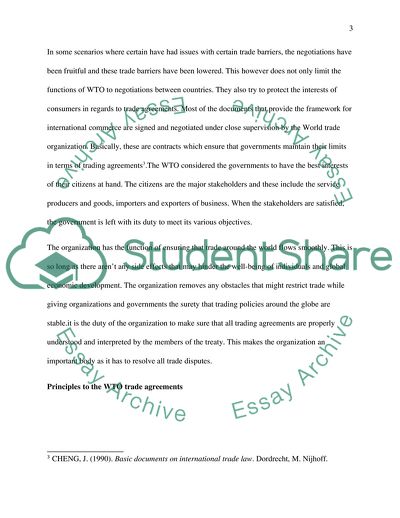Cite this document
(Public International Trade Laws Report Example | Topics and Well Written Essays - 3000 words, n.d.)
Public International Trade Laws Report Example | Topics and Well Written Essays - 3000 words. https://studentshare.org/law/1820102-public-international-trade-law
Public International Trade Laws Report Example | Topics and Well Written Essays - 3000 words. https://studentshare.org/law/1820102-public-international-trade-law
(Public International Trade Laws Report Example | Topics and Well Written Essays - 3000 Words)
Public International Trade Laws Report Example | Topics and Well Written Essays - 3000 Words. https://studentshare.org/law/1820102-public-international-trade-law.
Public International Trade Laws Report Example | Topics and Well Written Essays - 3000 Words. https://studentshare.org/law/1820102-public-international-trade-law.
“Public International Trade Laws Report Example | Topics and Well Written Essays - 3000 Words”. https://studentshare.org/law/1820102-public-international-trade-law.


